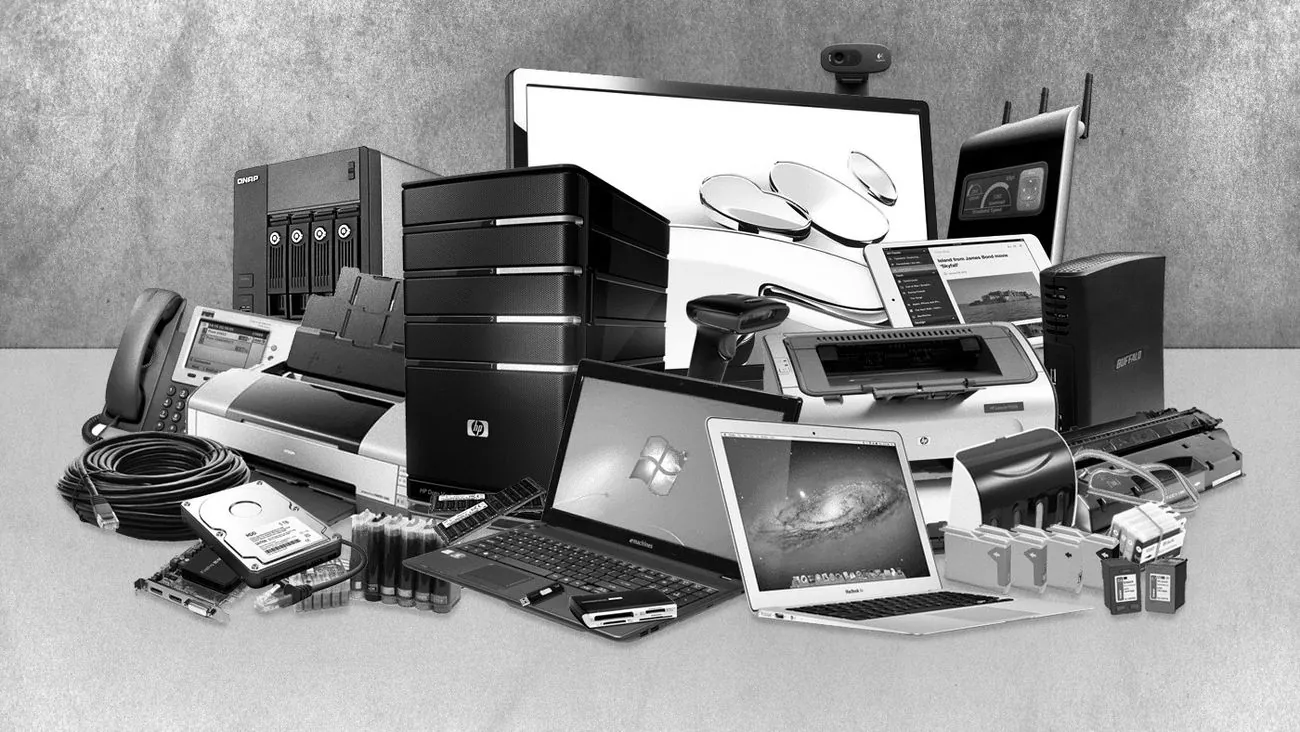““Gray” electronics market is expected to shrink in 2025 – international expertsInternational experts note a decrease in illegal electronics supplies due to supply chain transparency and digital control. The
role of law enforcement agencies is important in Ukraine.”, — write: unn.ua
DetailsAccording to research by the American consulting company “Oliver Wyman”, the volume of the gray market for consumer goods has increased by more than 60% in the last six years. The latest large-scale studies for 2021 showed that 13% of global sales of consumer goods were products sold in markets for which they were not intended by the manufacturer. This leads to a decrease in companies’ profitability and price erosion in official markets.
“Only 15-36% of surveyed CEOs in the consumer goods (CPG) sector say they are well prepared to combat the gray market, while all others are either just starting this path or have not yet started at all. Some of them still do not measure the financial losses it causes, so they are not convinced of the need to fight it. (…) Despite this, these steps (to counter the “gray” market – ed.) have the potential to bring tangible results – both for short-term profitability and for long-term brand value,” the American study concludes.
International experts predict that the gray market may begin to shrink in 2025. In particular, Steven Saltz, head of the Canadian company “Rivalry”, notes that increased control over supply chains and the introduction of new technologies will help reduce illegal supplies.
A bargain or a trap? Pitfalls of the “gray” market of technology in Ukraine08.05.25, 14:49 • 197792 views
The situation with the “gray” market in Ukraine also requires special attention. Andriy Novak, Head of the Committee of Economists of Ukraine, emphasizes that illegal schemes could not work without the involvement of controlling authorities.
“Of course, we understand that this would not be possible without a corresponding channel from the customs service of Ukraine, the border service of Ukraine. It is impossible to implement this without the direct participation of the relevant authorities of Ukraine, which are responsible for crossing the border,” Novak said.
The expert believes that the main criterion for most buyers is the cost of goods, and the effective fight against the scale of “gray” imports depends exclusively on the activities of law enforcement agencies and relevant services. He believes that it is these structures that should identify and stop shadow schemes related to illegal imports of goods. The expert also stressed that the problem of smuggling concerns very different groups of goods.
“It’s not just about the electronics or car market, tobacco and alcohol products are also problematic. Any smuggling is only a matter of law enforcement and the integrity of their work,” the expert summarized.
Thus, the situation on the electronics market demonstrates a complex, but at the same time promising, dynamic. Despite the fact that the gray segment continues to function, international practice shows that as standards of transparency, digitalization of supply chains and growing demands on brands increase, shadow traffic models are becoming less and less viable. This gradual shift in emphasis is forming a new culture of consumption – with a priority on formality, service and safety. In this context, Ukraine also has a window of opportunity. Gradual synchronization with European approaches creates conditions for a systematic reduction in the share of illegal imports. Although challenges remain, the overall direction of change allows us to cautiously optimistically expect the gradual displacement of “gray” schemes by more responsible and transparent forms of economic interaction.
Let us remindEarlier UNN reported that small networks accidentally published a detailed description of their own schemes for gray export of Apple equipment and its analogues.
The schemes cover both “holes” in customs and loopholes in legislation that allow profiting from consumers and evading taxes by billions of hryvnias.
The scheme of supplying Apple equipment bypassing the law looks as follows: the goods are purchased through intermediaries in Southeast Asian countries, where, in addition, Apple’s production facilities are located. This is mainly uncertified equipment – new products just released on the market, or refurbished devices that have already been in use.
This equipment is delivered to Ukraine by minibuses with forged customs declarations. The documents state that they are carrying cheap accessories, while in fact they are transporting expensive smartphones, laptops and other electronics. Presumably, the scheme works with the support of individual representatives of customs authorities, who provide the so-called “green corridor”, because seizures of such batches in the public space are extremely rare.
Already in Ukraine, the equipment is sold through a network of stores, formally divided into numerous sole proprietorships. This allows to reduce the tax burden and minimize legal liability in case of claims from regulatory authorities.
